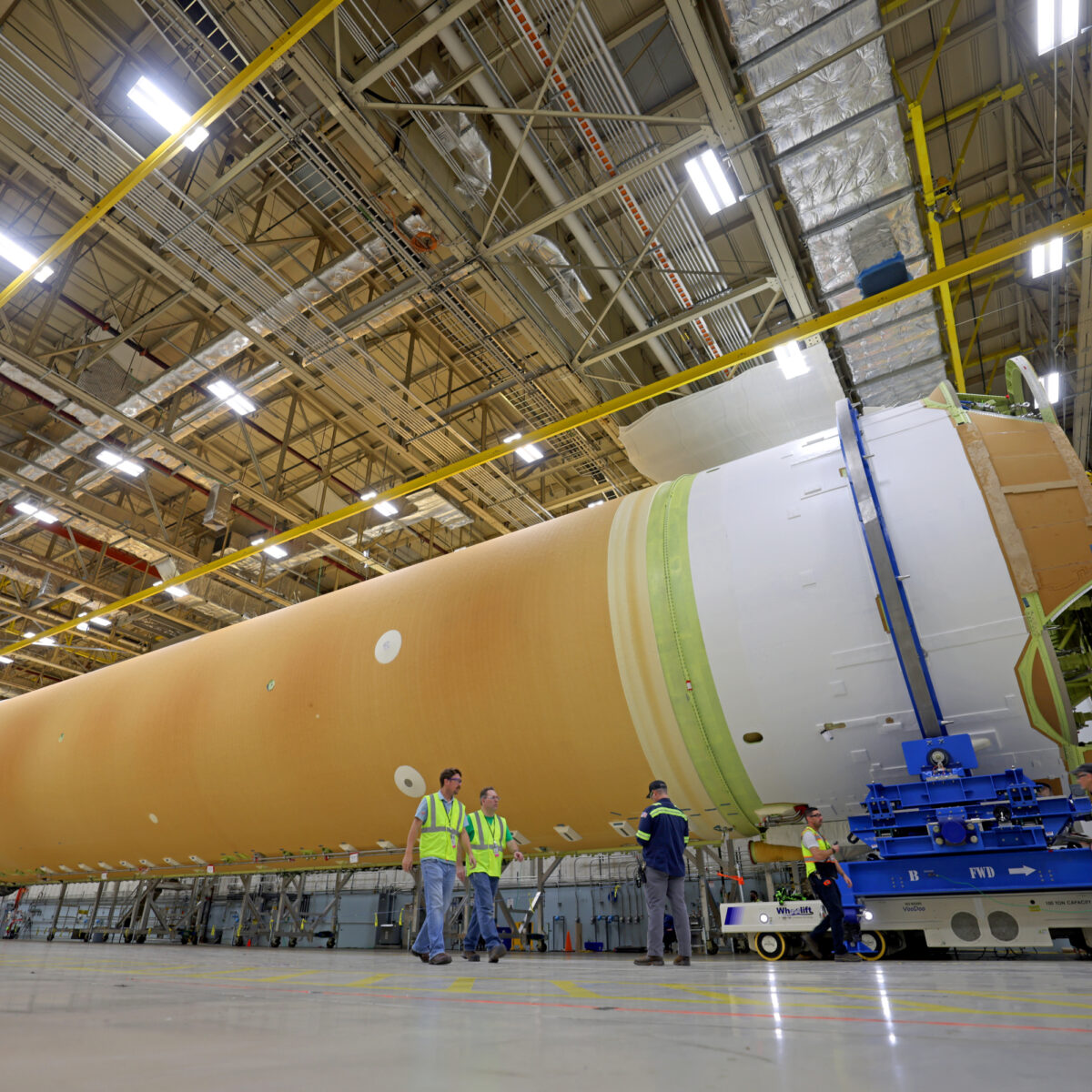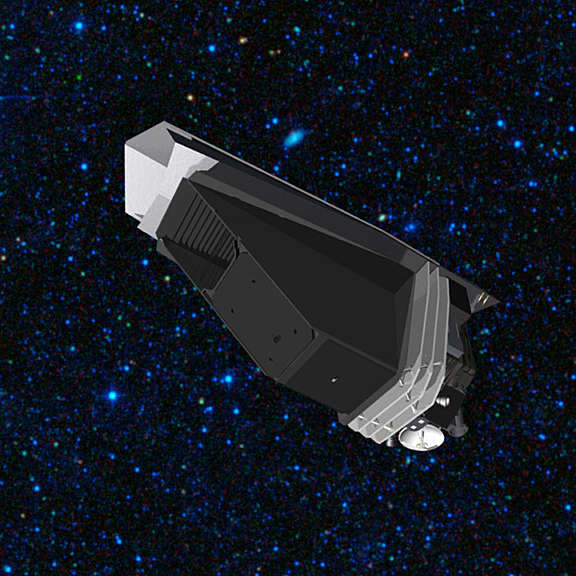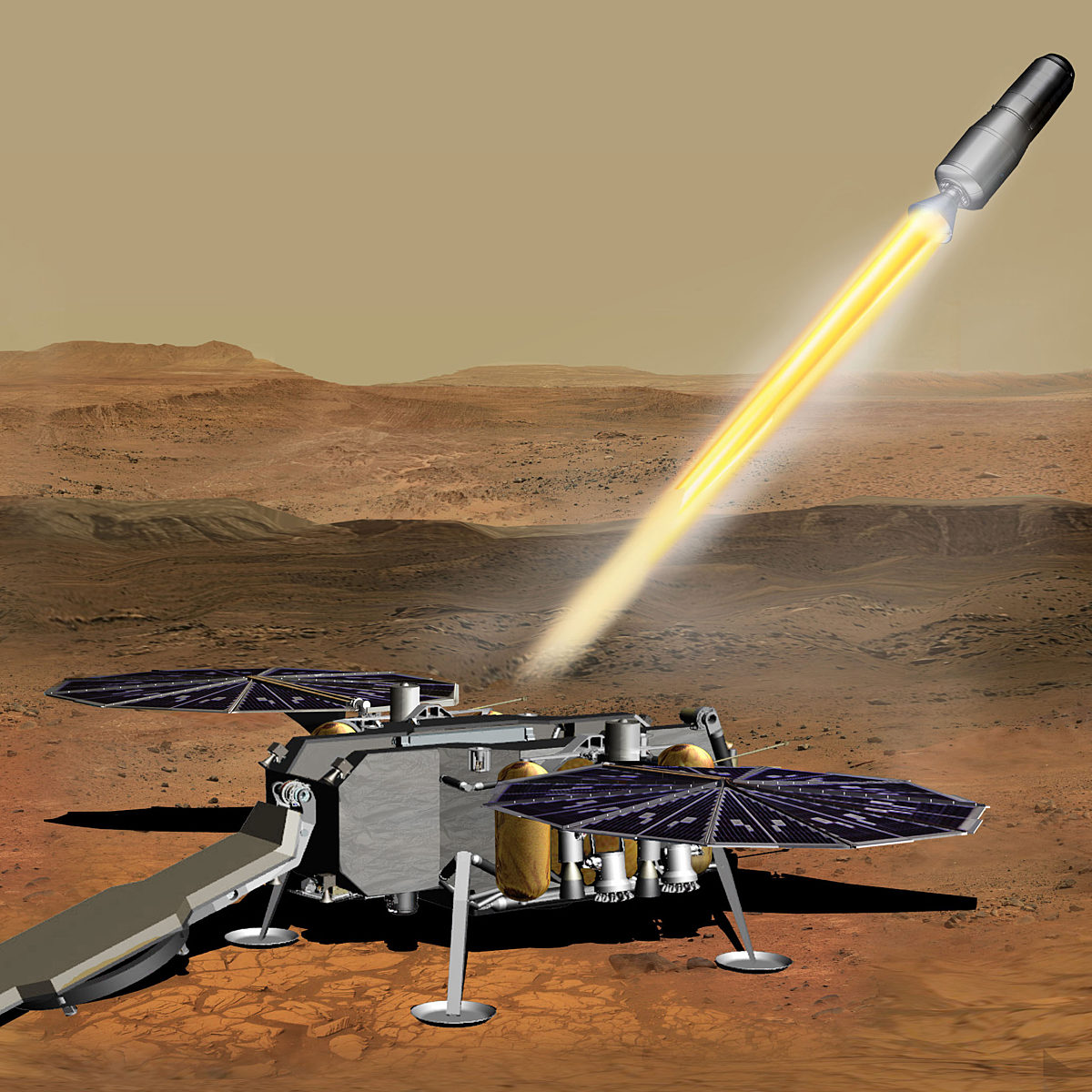The Planetary Society's political advocacy program educates and encourages policymakers to invest in space science and exploration. It enables and requires the participation of tens of thousands of Planetary Society members and supporters who take civic action in support of space.
Our advocacy work is the implementation side of The Planetary Society's Space Policy Program.
NASA Recommendations for the Biden Administration
NASA is not a problem to be solved but a tool that drives solutions. The Planetary Society recommends investments in science, exploration, and planetary defense as a means to invest in the national manufacturing and scientific workforce and strengthen international alliances.
Our Advocacy Goals
Explore more worlds with humans and robots
Prioritize the search for life in the universe
Defend the planet from near-Earth objects
Read our Policy & Advocacy PrinciplesCurrent Advocacy Priorities
The Planetary Society's advocacy work is motivated by our core areas of interest: planetary exploration, planetary defense, and the search for life. The organization adheres to a set of organizing principles for space science, commercial spaceflight, and human exploration activities.
The current focus of our advocacy work will be a reflection of programs that are facing political headwinds (such as cancellation or budget cuts), those that strongly adhere to our principles and core interests (such as missions that advance the search for life), and those that promote science and exploration.
For the year 2024, our priorities are:
Fiscal Year 2025 Appropriations
- Science Mission Directorate - sustain and grow topline above inflation to accommodate decadal priorities and maintain leadership in space science
- Support the Decadal Surveys' large-mission priorities in planetary science and astrophysics:
- Support Mars Sample Return project as outlined in the planetary science decadal survey — read our Principles for Mars Sample Return
- Ensure technology maturation progress for the Habitable Worlds Observatory as directed by the Astrophysics decadal
- Support a balanced program of planetary science:
- Full funding for Dragonfly to meet a 2028 launch date
- VERITAS and DAVINCI budget profile supporting FY 2031 launch window
- R&A growth towards 10% of Planetary Science Division budget
- Protect all operational and in-development Planetary Science Division missions
- Continue investments in planetary defense:
- Funding for NEO Surveyor to maintain its 2028 launch date
- Maintain current funding levels for ground-based observation and detection surveys
NASA Authorization Legislation
- Maintain balance between the science and human spaceflight directorates
- Support decadal priorities in planetary science and astrophysics
- Support for decadal balance across SMD and within NASA
- Improve integration of science planning within Project Artemis
International Advocacy
As an organization based in the United States and dedicated to space science and exploration, our advocacy work is focused on the U.S. government and civil space issues. However, we seek out and share opportunities with our members around the world to take action where appropriate.
Background and Context
The resources below provide additional background regarding our current advocacy priorities.
NASA's FY 2025 Budget
The White House proposed $25.4 billion for NASA in 2025, a modest increase from the previous year, and far less than originally planned.
NEO Surveyor, Protecting Earth from Dangerous Asteroids
NASA’s NEO Surveyor is a space telescope that will search for and study near-Earth objects.
Mars Sample Return, an international project to bring Mars to Earth
Despite advances in space technology, certain science questions, including whether or not a Mars rock contains signs of ancient life, can only be answered in Earth-based laboratories.
NASA Recommendations for the Biden Administration
NASA is not a problem to be solved but a tool that drives solutions. The Planetary Society recommends investments in science, exploration, and planetary defense as a means to invest in the national manufacturing and scientific workforce and strengthen international alliances.
Space Policy Resources
Additional data, detailed reports, and policy proposals by The Planetary Society that outline the organization's priorities and recommendations.


 Explore Worlds
Explore Worlds Find Life
Find Life Defend Earth
Defend Earth






